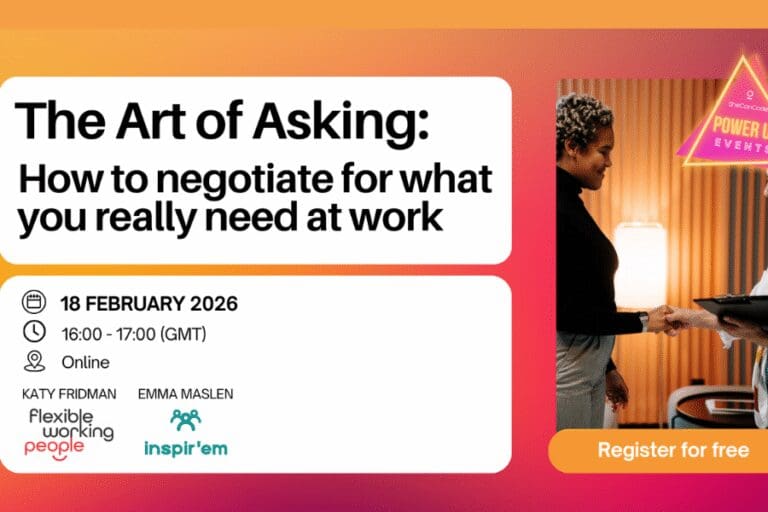Networking is essential for any role in tech.
Forming long-lasting relationships is hugely important for your career but starting out can be a daunting process. No matter your current seniority, it’s easy to forget that we all attended our first event without any recognisable faces. As someone who has worked in biz dev roles for just over a decade, Janneke van Swetselaar, Head of Partnerships at Ultra has learned a few tips when it comes to building your network.
Here she shares why having a network is so important and her advice for building one. Janneke van Swetselaar is the Head of Partnerships at Ultra, a complete PC video gaming ecosystem created by AAA games industry talent from companies like Ubisoft, PlayStation and Nintendo.

My games industry roles require me to attend a number of key events throughout the year and I often find myself recognising the same faces – or signature outfits – from when I first started in the industry 12 years ago.
This speaks to my first piece of advice: relationships should always come before a product. People are more likely to remember a face than a company’s name and the services it offers. And that’s it – we’re all people with faces at the end of the day; no matter whether the conference lanyard says ‘VIP’ or if our arriving Uber was a Luxe or not. That’s why I encourage you to look beyond seniority at events. It’s human nature that we’re more inclined to spend time with people of similar experience, but all too often I see a ‘kiss up/kick down’ approach at events where those new to the industry are ignored, and CEOs are treated like some divine entity.
We all have insights to share, and it’s important to remember this. If you’re young and new to the industry, you may feel inexperienced. But that’s actually something to leverage: how did you discover your first role? What surprised you about the sector you work in? And where would your dream role be? These are all questions that those new to the industry can provide a unique perspective on, and they’re natural ways to introduce yourself without being in sales mode.
Indeed, I think networking and sales are different fields. For me, networking takes place at events, and business is done in the office (or at home) the week after. Conferences are busy, with meetings often limited to fifteen-twenty minutes on a crowded show floor, so I allocate three days after a trip to sort through business cards and arrange follow-ups. My advice is to use events as a way to meet as many people as possible, and gather relevant information through friendly conversation. After this, if you think there are ways for you and your newfound acquaintance to work together, it can be time to set up a follow-up call.
In my career, I’ve seen businesses send employees out with strict quotas where a set amount of business cards must be shared or meetings arranged. KPIs can have merit but they also can be stressful, particularly when networking itself can be a nerve-wracking experience. If you’re dashing from person to person to tick names off a list, then you may be in the wrong mindset and conversations can become unnatural. A long-lasting and enriching conversation with someone new over coffee can prove more useful than hurrying between various meetings for the sake of hitting a KPI.
Outside of events, there are other great ways to network too. Throughout my career, I’ve made dedicated trips to different cities to meet existing and potential partners in their office or for lunch/dinner.. This step to connect is often appreciated and can be hugely valuable for building relationships. During these kinds of trips you tend to have more time to truly chat and understand the partners goals and priorities, instead of being one out of ten back to back meetings at a conference. And of course, the digital world remains hugely important; emails and LinkedIn messages are great for follow-ups. Make sure you also check in every now and then to say congratulations on a career update or a product launch, do not only reach out if you want something, but try to be helpful or share interesting insight.
Networking is essential, but it is ultimately a natural process, and it is important not to put too much pressure on yourself to expand your contacts. Remember that everyone found it daunting to begin with – and many people still do. And remember that you are growing your own network alongside that of the business you represent. Use networking as an opportunity to expand your personal contacts, and this will bring longer term benefits no matter where your career takes you.








